Les stations d’épuration sont capables de produire de l’électricité, de la chaleur et même du carburant à partir des boues des eaux usées. En exploitant ce potentiel, elles deviennent productrices d’énergie. Weiterlesen
Schlagwortarchiv für: Swiss
Für die Erreichung von Netto-Null braucht es massive Investitionen in erneuerbare Energien. Global wird der Kapitalbedarf auf USD 4.5 Bill. pro Jahr geschätzt (IEA, 2023). Eine neue, von der ETH Zürich durchgeführte Studie zeigt: Schweizer Akteure spielen dabei eine wichtigere Rolle im Ausland als im eigenen Land. Weiterlesen




 1 Vote(s), Durchschnitt: 5,00
1 Vote(s), Durchschnitt: 5,00Kaufen Schweizer und Schweizerinnen zu wenig Elektroautos? Ein Überblick zum Stand des E-Mobilitätsmarkts in der Schweiz
«Schweizer kaufen zu wenig Elektroautos» oder «E-Mobilitätsziele nicht erreicht – Schweizer Wirtschaft drohen Sanktionen in Millionenhöhe». Diese Schlagzeilen erwecken den Eindruck, dass der E-Anteil bei den Neuwagen eingebrochen wäre. Die Verkaufszahlen des Autohandels zeigen ein anderes Bild. Weiterlesen




 6 Vote(s), Durchschnitt: 4,83
6 Vote(s), Durchschnitt: 4,83The new Energy-Economy-Society and Electricity calls are online
Two research programmes of the Federal Office of Energy have published new calls. One of the call topics is a collaboration between the two programmes. Weiterlesen




 Noch keine Bewertungen
Noch keine BewertungenSuisseEnergie pour les communes – Soutien accordé à 557 communes
Pour la troisième fois déjà, l’OFEN apporte son soutien, par le biais du programme de soutien «SuisseEnergie pour les communes», aux villes, communes et régions qui veulent faire avancer activement leur politique climatique et énergétique. Les champs d’action des projets communaux et régionaux concerne les secteurs du bâtiment, des énergies renouvelables, de la mobilité ainsi que des services et processus industriels. L’appel à projets de 2025 se focalisait sur deux thèmes prioritaires: «zéro net / énergie hivernale» et «micromobilité». Weiterlesen




 Noch keine Bewertungen
Noch keine BewertungenAs EU climate policy tightens, its Green Deal increasingly shapes Swiss energy and emissions through shared infrastructure – long-standing hydropower integration, electricity lines and gas pipelines –, Emissions Trading Systems (ETS) linkage and EU-wide clean fuel and CO2 regulations. Weiterlesen




 Noch keine Bewertungen
Noch keine BewertungenRund 130 Forschende, Fachleute aus der Verwaltung sowie Umsetzungspartner und Stakeholder aus Wirtschaft und Gesellschaft trafen sich Ende August zur vierten SWEET-Konferenz in Bern. Das neue, stärker auf die Umsetzung fokussierte Format und die spannende Diskussion zum Stromabkommen mit der EU lockten auch viele Interessierte ausserhalb der Forschung an. Weiterlesen




 Noch keine Bewertungen
Noch keine BewertungenDas Schweizer Energiesystem für künftige Risiken wappnen
Wie stark Wirtschaft und Gesellschaft von der Energieversorgung abhängig sind, hat das Blackout Ende April auf der spanischen Halbinsel gezeigt. Eine Energieinfrastruktur, die auf künftige Gefahren vorbereitet ist und Menschen, die mit kritischen Situationen umgehen können, sind deshalb von grosser Bedeutung. Weiterlesen




 1 Vote(s), Durchschnitt: 5,00
1 Vote(s), Durchschnitt: 5,00Wie Golfplätze energieeffizienter werden – das Beispiel Moossee BE
Ein perfekt geschnittener Rasen, warme Duschen, ein ansprechendes Angebot im Restaurant. Das wollen Golfplatz-Betreiber den Golferinnen und Golfern bieten. Wie sieht es dabei punkto Energieverbrauch aus? Wo gibt es Optimierungspotenzial? Mit einer PEIK-Beratung erhalten Golfplatz-Betreiber Antworten. PEIK ist die professionelle Energieberatung für KMU von EnergieSchweiz, dem Programm für Energieeffizienz des Bundesamts für Energie. Eine solche Beratung hat auch der Golfpark Moossee bei Bern durchführen lassen. Weiterlesen




 2 Vote(s), Durchschnitt: 5,00
2 Vote(s), Durchschnitt: 5,00La Suisse et la France collaborent de longue date dans le domaine de l’énergie. Leurs échanges d’électricité, de gaz, de pétrole et bientôt d’hydrogène vert contribuent à la sécurité de l’approvisionnement énergétique de part et d’autre de la frontière. Weiterlesen




 Noch keine Bewertungen
Noch keine BewertungenKontakt
Bundesamt für Energie
Pulverstrasse 13
3063 Ittigen
Postadresse:
Bundesamt für Energie
3003 Bern
Telefonnummern:
Hauszentrale +41 58 462 56 11
Pressestelle +41 58 460 81 52
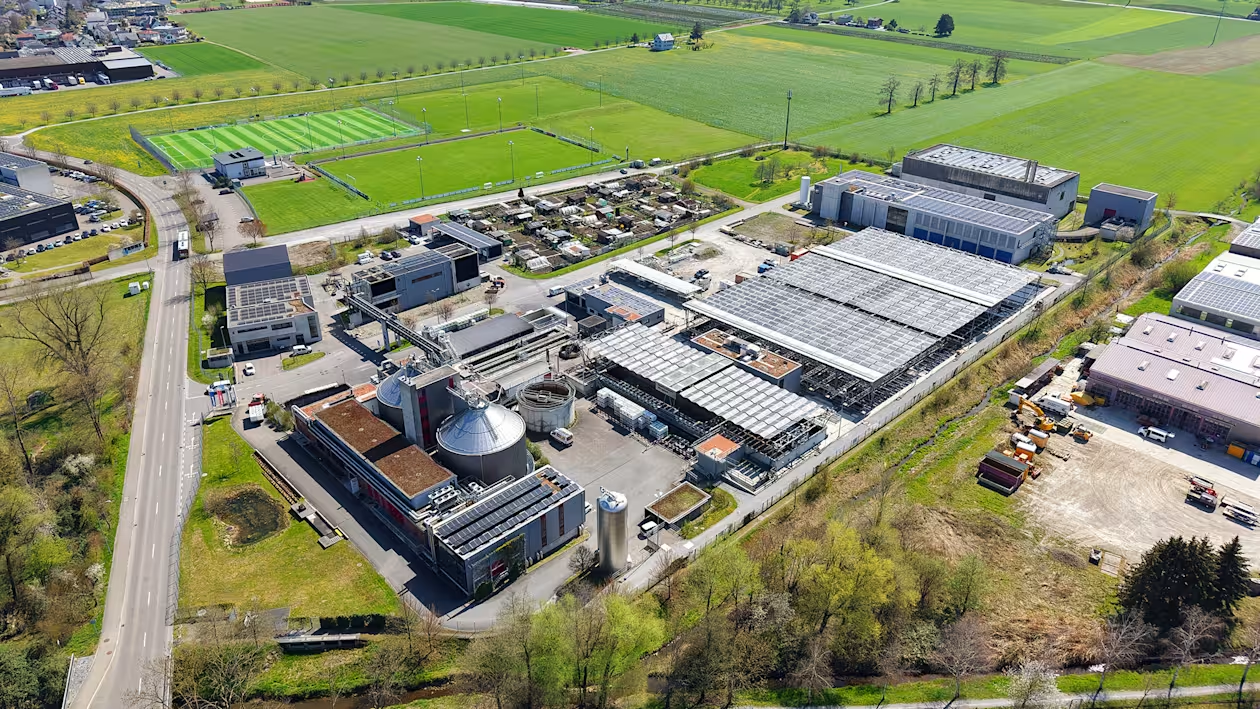 SuisseEnergie
SuisseEnergie tech_BG/Shutterstock
tech_BG/Shutterstock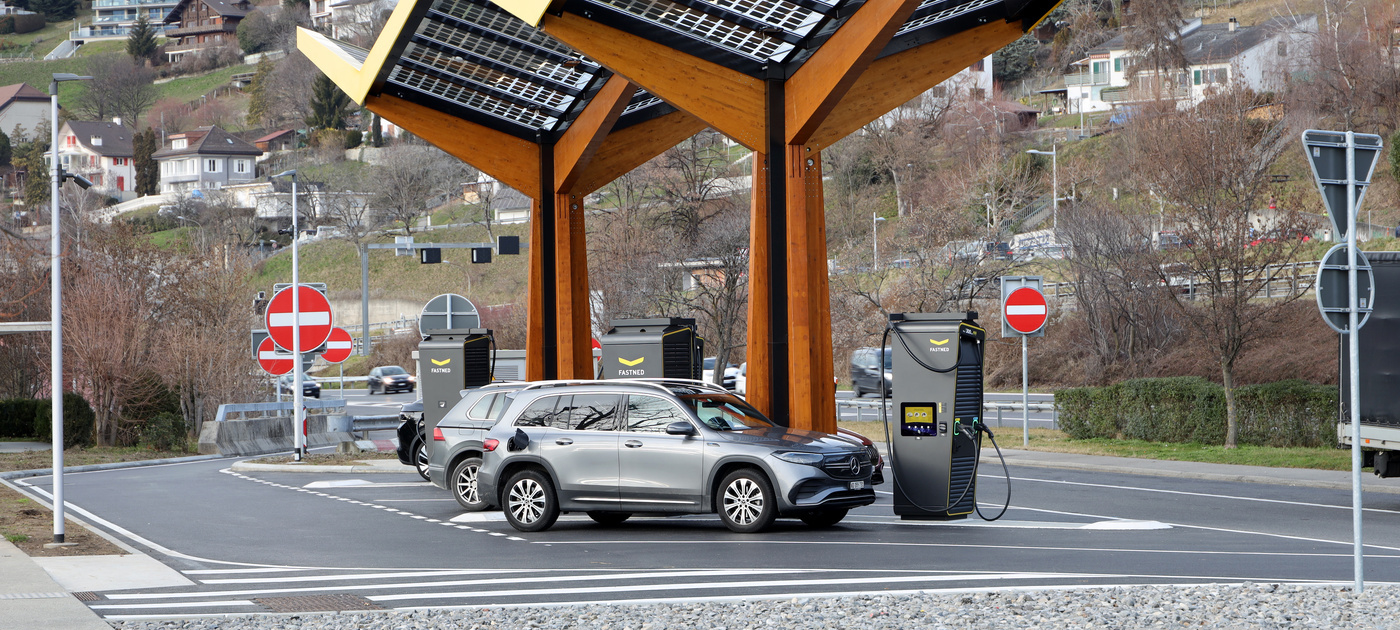 Keystone
Keystone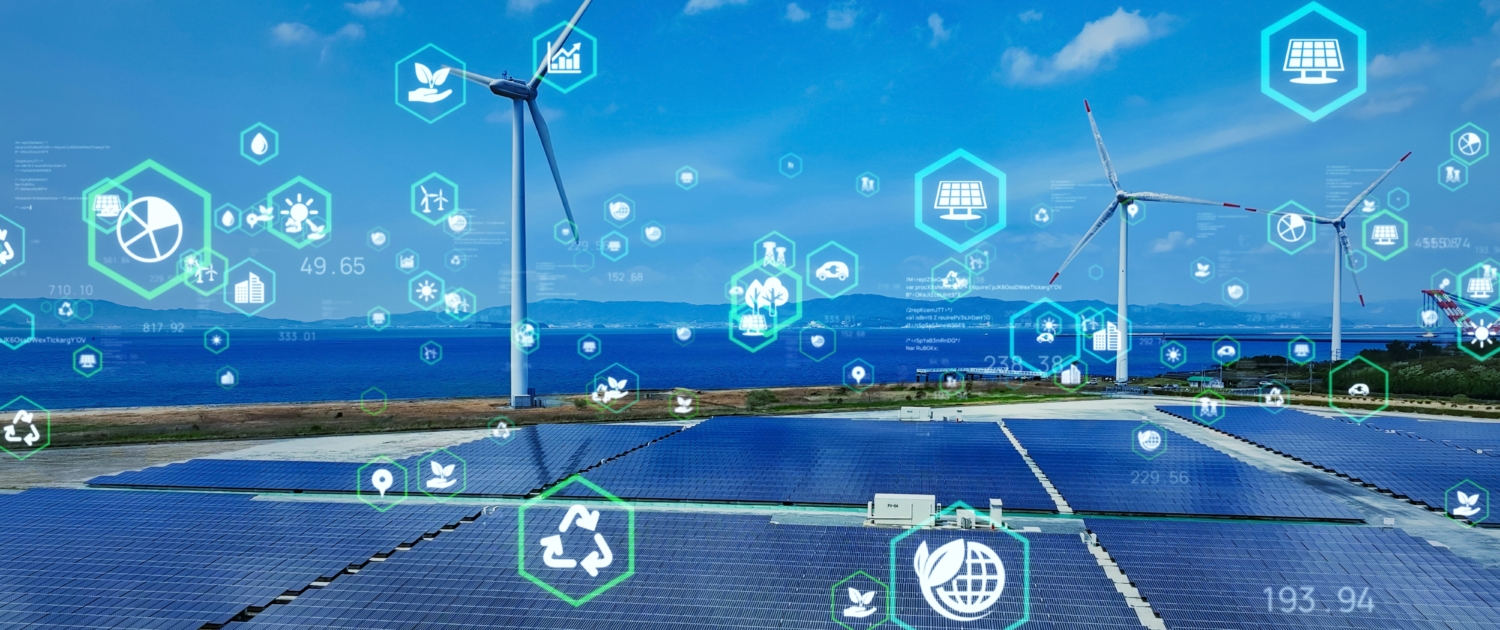 Shutterstock
Shutterstock Pixabay
Pixabay Shutterstock
Shutterstock BFE
BFE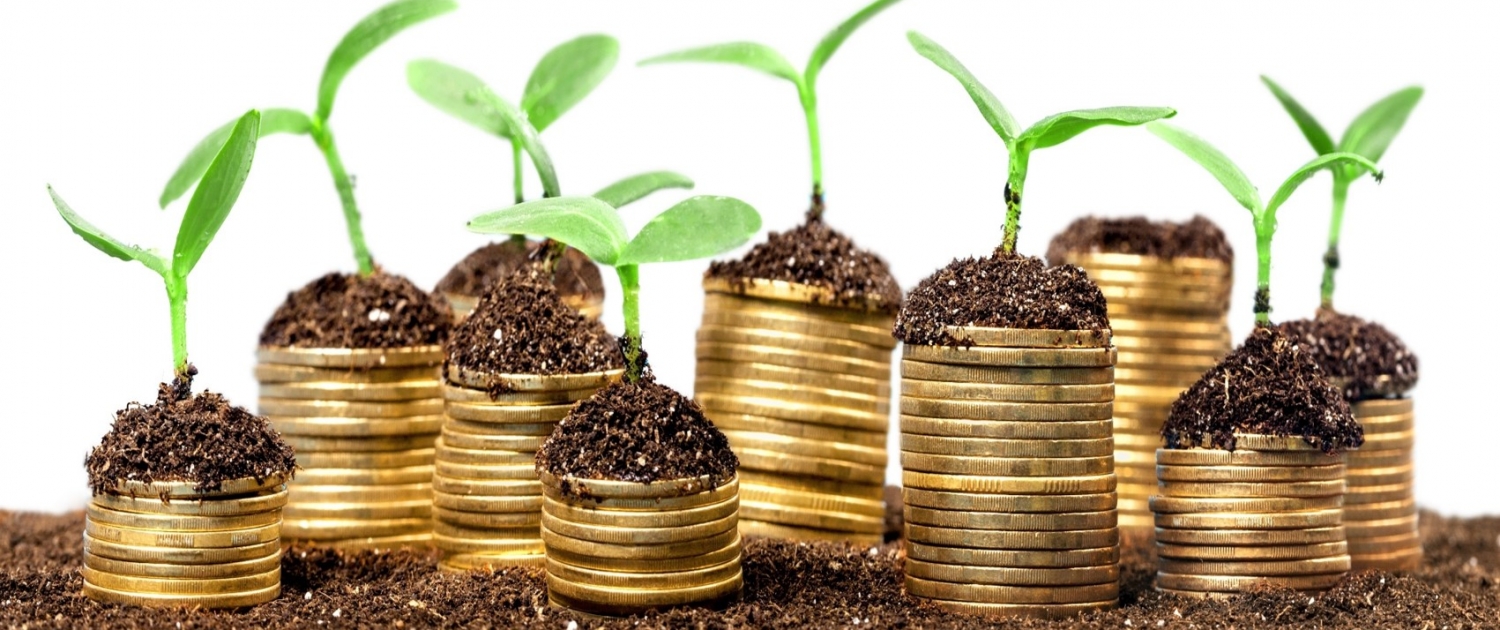 Shutterstock
Shutterstock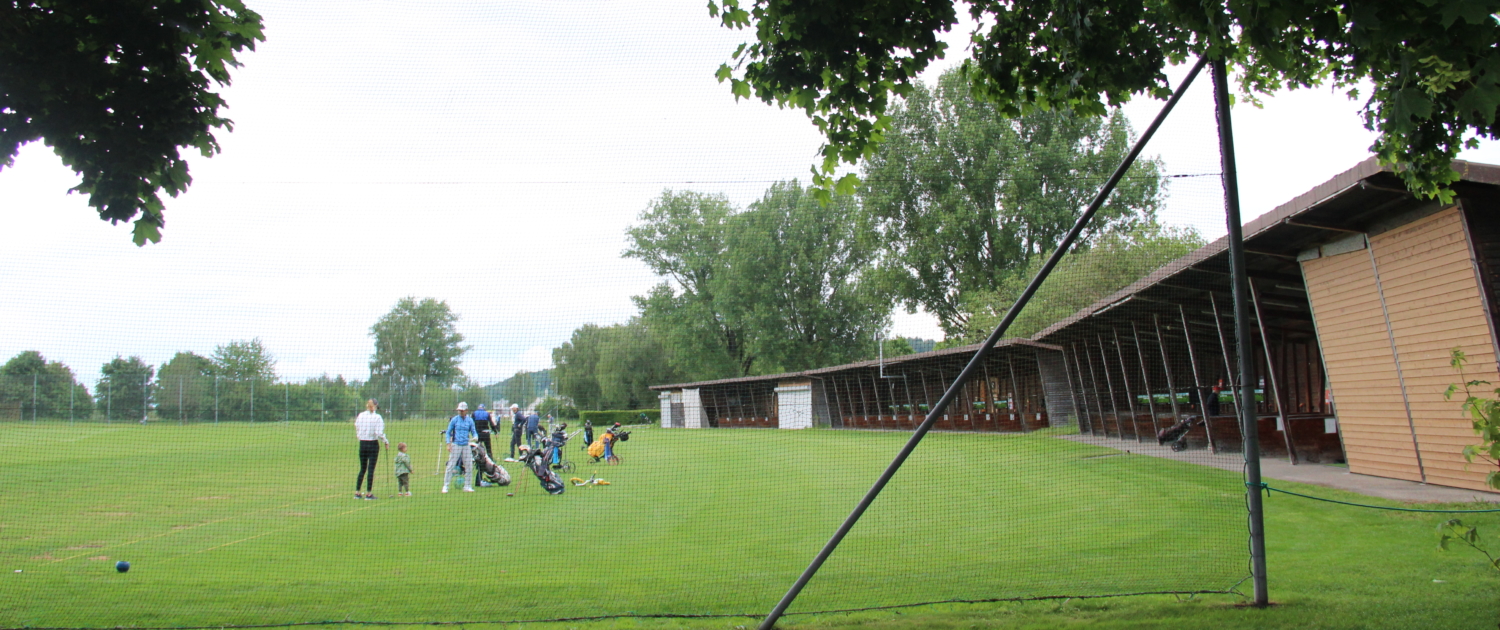 BFE - Brigitte Mader
BFE - Brigitte Mader Shutterstock
Shutterstock